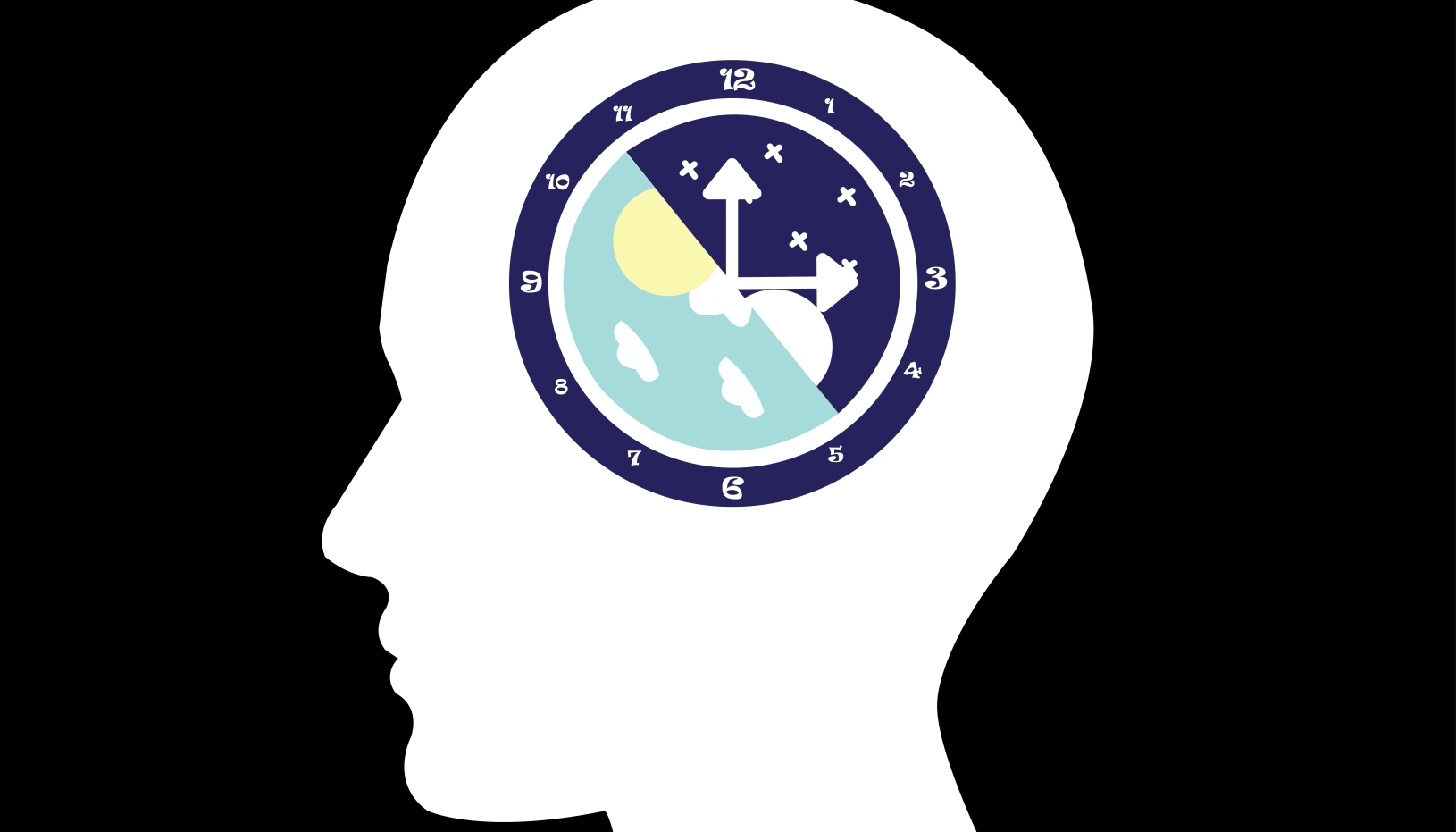How Does Exercise Impact Your Sleep?

What if we told you that the secret to a restful slumber lies in breaking a sweat? Yes, you read that right!
The relationship between exercise and sleep is a fascinating one and understanding what happens in our brains when we exercise can shed light on how it correlates to our sleep patterns.
If you’ve been trying to work out before sleep time and couldn’t see any results, you probably aren’t doing it right.
That’s why we’ve put together a guide that will explore the science behind exercise and sleep, the best exercises for a good night's rest, and how you can enhance your post-exercise sleep experience.
The Brain's Response to Exercise
When we engage in physical activity, our brain experiences a cascade of changes. Exercise stimulates the production of various neurotransmitters, including endorphins, serotonin and norepinephrine. These chemicals play crucial roles in mood regulation, stress reduction and overall brain function.
Endorphins, often referred to as "feel-good" hormones, are released during exercise and create a sense of euphoria and well-being. Serotonin, a neurotransmitter associated with mood regulation and relaxation, is also increased, contributing to a calmer state of mind.
Norepinephrine, which enhances alertness and attention, helps promote mental clarity and focus.
Exercise's Impact on Sleep Quality
Let’s break down the functioning of these hormones for you. Regular physical activity has been shown to improve both the duration and quality of sleep and we shall explore how.
Reduced Anxiety and Stress
Exercise acts as a powerful stress reliever, helping to reduce anxiety and tension. By alleviating these psychological factors, exercise can create a more relaxed state of mind, making it easier to fall asleep and stay asleep throughout the night.
Regulation of Circadian Rhythms
Getting consistent movement helps regulate the body's internal clock, known as the circadian rhythm. It also promotes a synchronized sleep-wake cycle, making it easier to fall asleep at night and wake up energetically in the morning. No more sleepiness during the day.
Increased Sleep Efficiency
Sleep efficiency is the amount of time spent asleep compared to the time spent in bed. With improved sleep efficiency, you can maximize the restorative benefits of sleep, waking up feeling more refreshed. Exercise puts you into soul-soothing sleep, by boosting your sleep efficiency.
Enhanced Deep Sleep
Deep sleep, also known as slow-wave sleep, is the stage of sleep where the body repairs itself. Regular exercise has been linked to an increase in deep sleep, allowing for more efficient physical and mental recovery during the night.
Regulation of Body Temperature
Exercise raises the body's core temperature, and as it gradually cools down post-exercise, it triggers a drop in body temperature. This drop in temperature is associated with the onset of sleep, promoting a more comfortable and conducive environment for falling asleep.
Best Exercises for Improved Sleep
While any form of exercise can have positive effects on sleep, certain types of physical activity have shown to be particularly beneficial. Consider incorporating these exercises into your routine to optimize your sleep quality.
Aerobic Exercises
Activities such as brisk walking, jogging, cycling, swimming, or dancing increase heart rate, improve cardiovascular fitness and help reduce anxiety and stress.
Yoga and Stretching
Gentle stretching and yoga poses can relax the body, release muscle tension, and promote a calm mind, making it easier to unwind before bed.
Resistance Training
Strength training exercises, using weights or resistance bands, can improve overall body strength and enhance sleep quality. However, it is advisable to avoid intense resistance training close to bedtime, as it may increase alertness.
Timing and Duration of Exercise for Optimal Sleep
The timing and duration of exercise play a crucial role in its impact on sleep.
It is generally recommended to finish exercising at least 4 hours before bedtime.
Exercising too close to bedtime can increase alertness and make it harder to fall asleep.
Aim for at least 30 minutes of moderate-intensity exercise most days of the week. However, even shorter bouts of exercise can have benefits. If you're just starting, gradually increase the duration and intensity of your workouts to avoid excessive fatigue or discomfort.
SmartGRID Mattresses: Elevating Post-Exercise Rest
After a long day when you come home and get some movement, you simply want to slide into deep sleep. We recommend that you take time to unwind after a workout, follow proper sleep routines, and hit the bed at least 3 hours after rigorous exercise, so that your mind and body adjust to normalcy, after a session of intense functioning.
Just as you hit the bed, you want your mattress to make you comfortable in no time, and melt away all your stresses.
Well, that’s possible with HiGRID Sleep’s smartGRID mattresses. The disruptive sleep tech understands your body type, sleeping positions, and pressure points and adapts to you.
The unique design of smartGRID mattresses allows for 2x optimal support, allowing your muscles to relax and recover more efficiently after exercise. Additionally, the breathability of these exclusive mattresses helps regulate body temperature, preventing overheating and promoting a cool sleep environment.
If you’re looking for one mattress that will restore good health while giving you never-before-deep sleep every night, check out HiGRID Sleep. Grab these smartGRID mattresses at upto 50% off now.






